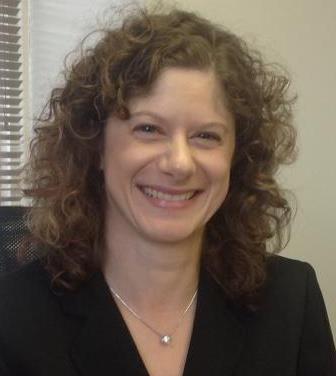What Members Want

Raise your hand if you never planned on a career in direct mail.
You, too? I knew I wasn’t alone.
My initial foray into direct marketing happened the way it happens for many: by accident. I had set out on a quest to find the perfect job in book publishing, and while interviewing for entry-level editorial positions, I worked for a direct mail agency as the receptionist. They liked me and felt that I had something to offer. That feeling was mutual. Working directly for the agency, I wrote and edited just about everything – direct mail packages, press releases, RFPs, you name it. Every now and then I would marvel at how I somehow wound up with a much more interesting and community-serving career working in nonprofit fundraising than I had ever anticipated. This gig was way better than editing another round of “Bibliography of Corn, Vol. II,” that was for sure.
Time passed, and I decided to go back to school, which took my career in a totally different path: education. I taught English part-time at a community college, and later taught about animal welfare and conservation at a zoo. I worked as an educator at the zoo for close to four years and then moved into managing and training volunteers to be educators, and eventually, managed the visitor services department.
One might think that this path is anything but linear, yet the marketing mindset instilled in me while at the direct mail agency, along with my editorial background, were the constant threads throughout each professional experience. Working directly for a nonprofit, I brought a perspective to each role at this organization that helped me help our guests have the best possible experience, and hopefully, to come back and have that experience again and again.
That guest experience was the key to developing long-term members for the organization.
Whether it was interacting with a guest as an educator, helping their two-year-old have their first ever up close encounter with a parrot, teaching an auditorium of school children all about the wonderful role in nature played by skunks, or discussing the pros and cons of membership with a new guest at the main gate, I had the opportunity to forge a relationship with an interested party. I certainly wasn’t alone. There were plenty of other professionals at that organization working to build and retain a membership base, and each one of us had a role to play in making that organization a place that would inspire loyalty and repeat business, from the custodial staff to the zookeepers to the board of trustees.
Over and over again, this is what I would hear from people at the main gate: “But we’re members!” There is an expectation that if one parts with virtually any amount of money in support of an organization, one deserves special treatment, be it to stand in a shorter line (or no line), or to receive VIP status at an event.
That feeling of connection is exactly the shimmery, silvery string that connects donors to a charity. They want to feel special. They want to feel a connection. They want to feel as though the act of making that donation means something, to them and to their family, directly, no matter how intangible.
I’m not sure I would have put that together as acutely had I not had the experience of serving in different roles, on the agency side as well as within a nonprofit directly. Stepping back now, with each fundraising letter I write, I remember that connection. I remember the need of each of us to feel a part of something, to feel special. I work to honor that for every charity, since that is really what the ask is all about.
Sure, the zoo needs donations to buy cleaning supplies and toilet paper, to pay salaries, to buy new vehicles, and veterinary equipment. Those are all necessary things, and my organization was very grateful for every dollar it raised in support of its mission of conserving and fostering a love for wild things and wild places. But guests did not want to hear about toilet paper. They wanted to hear about how they were special.
If you want to be successful in raising money for nonprofits, I firmly believe that you should strive, always, to see things from the donor’s point of view. Don’t worry about what you need; instead, think about how you can make them feel: special.

Marie Morganelli is a freelance direct mail copywriter. You can see samples of her work at her website (precisewords.org) or email her at marie@precisewords.org.
